Table of Contents
Introduction to Roast Seasonings
Roast seasonings are essential blends of herbs, spices, salt, and other ingredients used to enhance the flavor of meats, poultry, and vegetables before roasting. They create a delicious crust, add depth of flavor, and ensure every bite is satisfying. Whether you're a beginner or experienced cook, understanding roast seasonings is key to perfect roasts.
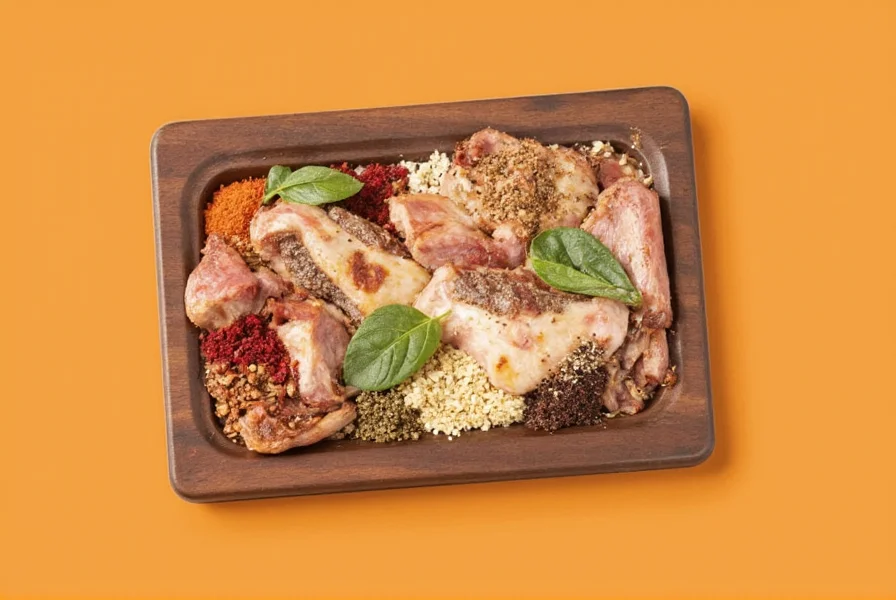
Types of Roast Seasonings
There are countless variations of roast seasonings, each with its own unique flavor profile. Here are some of the most popular types with specific use cases:
- Classic Herb Blend: A simple mix of thyme, rosemary, oregano, and garlic powder (2:2:1:1 ratio). Perfect for poultry, pork, and root vegetables.
- Smoky BBQ Rub: Includes paprika (30%), cumin (20%), chili powder (15%), brown sugar (20%), and black pepper (15%). Ideal for ribs, brisket, and grilled meats.
- Italian-Style Rub: Features basil (25%), parsley (25%), garlic powder (20%), olive oil (10%), and lemon zest (20%). Best for chicken, fish, and roasted vegetables.
- Spicy Cajun Mix: Contains cayenne (25%), garlic powder (20%), onion powder (20%), smoked paprika (15%), and black pepper (20%). Adds heat and bold flavor to chicken, shrimp, and sausages.
- Herb and Garlic Rub: A straightforward blend of garlic (30%), rosemary (25%), sage (20%), thyme (15%), and lemon pepper (10%). Works exceptionally well with lamb and game meats.
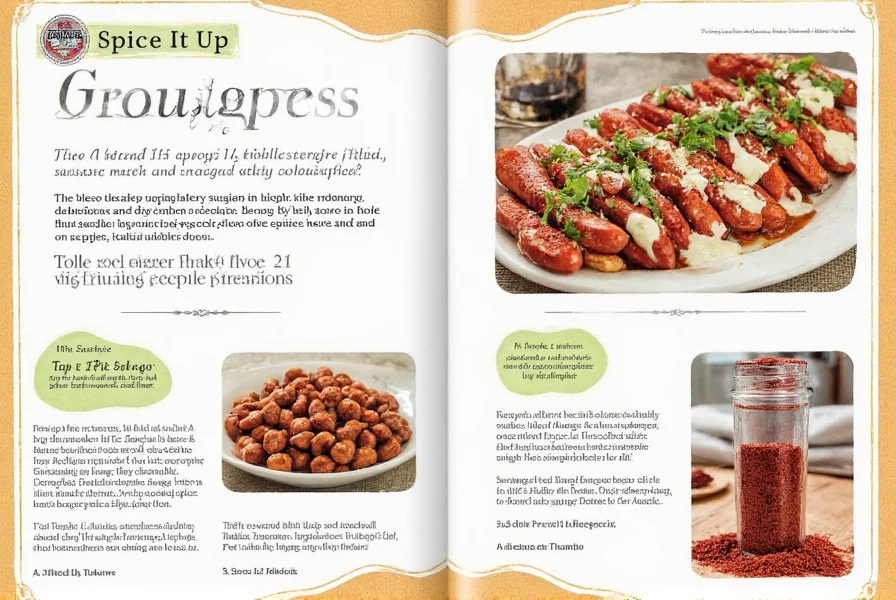
How to Use Roast Seasonings Like a Pro
Using roast seasonings doesn't have to be complicated. Here's a quick guide to help you get the most out of your flavors:
- Apply Generously: Use 1-2 teaspoons of dry seasoning per pound of meat. For wet rubs, ensure even coverage with a brush or hands.
- Let It Sit: Allow seasoned meat to rest at room temperature for 30-60 minutes before roasting. For deeper flavor, refrigerate up to 24 hours (dry brines work best for this).
- Season Under Skin: For poultry, gently lift skin and season directly on meat for maximum flavor penetration.
- Balance Sweet and Savory: For meats like pork or duck, add 1-2 tablespoons of honey or brown sugar per cup of seasoning to balance flavors.
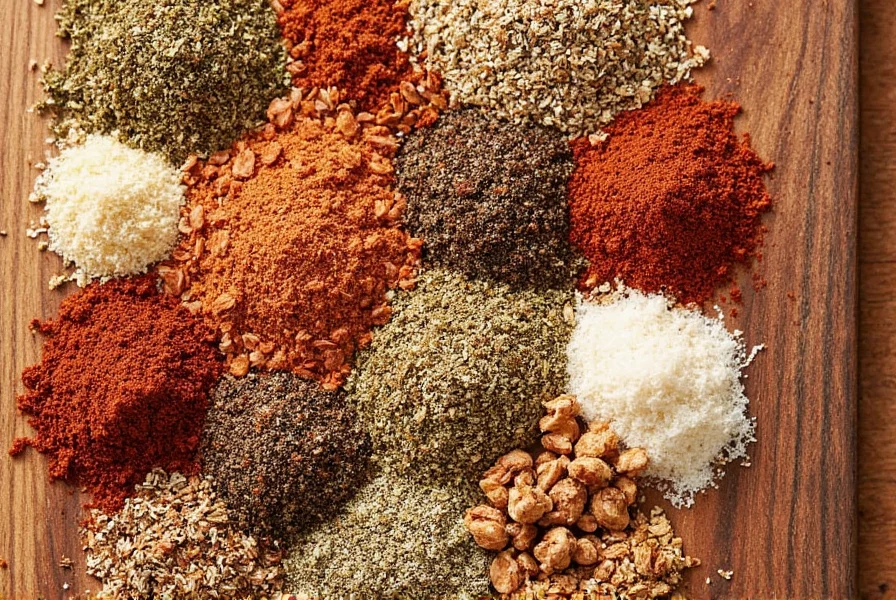
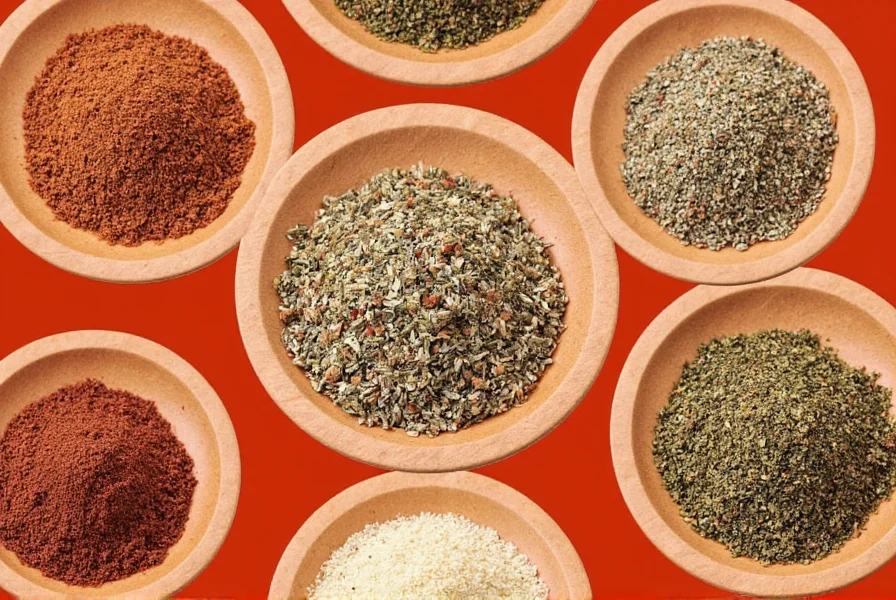
Top 10 Tips for Perfectly Seasoned Roasts
Here are some tried-and-true tips to help you master the art of roast seasoning:
- Know Your Meat: Lean cuts like chicken breast need lighter seasoning (1 tsp per pound), while fatty cuts like pork shoulder can handle bolder flavors (1.5 tsp per pound).
- Use Fresh Herbs: Replace dried herbs with fresh when possible (use 3x more fresh than dried). Chop finely for even distribution.
- Experiment with Heat: For spicy roasts, add cayenne or red pepper flakes gradually (start with 1/4 tsp per cup of seasoning).
- Balance Sweet and Savory: For sweet-spicy blends, maintain a 2:1 savory-to-sweet ratio (e.g., 2 tsp paprika to 1 tsp brown sugar).
- Pair with Complementary Sauces: Match dry rubs with acidic sauces (e.g., BBQ rub with apple cider vinegar glaze).
- Try a Wet Marinade: For tougher cuts, marinate 4-24 hours in oil-based mixtures with acid (vinegar or citrus) and seasonings.
- Season Inside and Out: For whole birds, season cavity with herbs and spices for even flavor infusion.
- Use a Digital Thermometer: Cook to precise internal temperatures (e.g., chicken 165°F, beef 135°F for medium-rare) to avoid overcooking.
- Store Seasonings Properly: Keep in airtight containers away from light. Most blends stay potent for 6-12 months.
- Have Fun and Be Creative: Start with classic blends, then customize with unique additions like smoked salt or dried citrus peel.
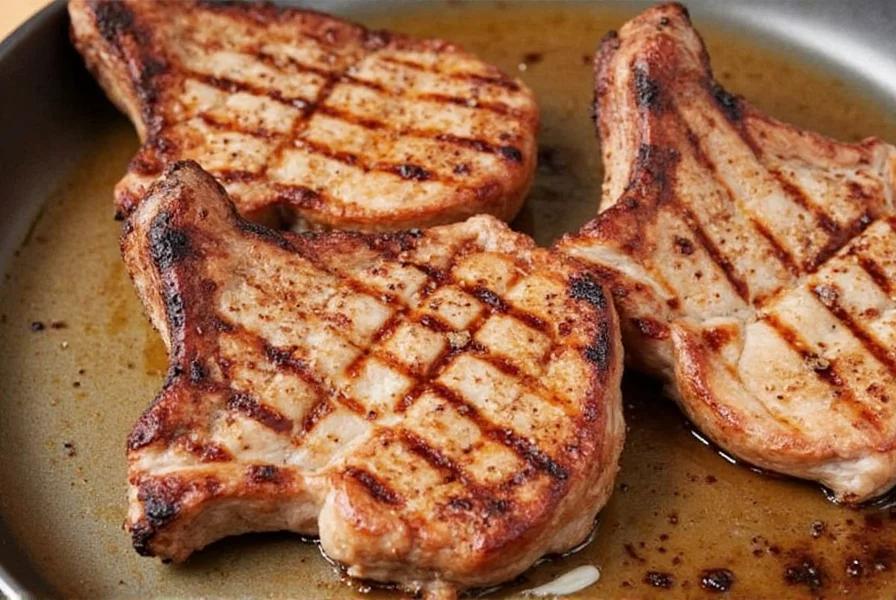
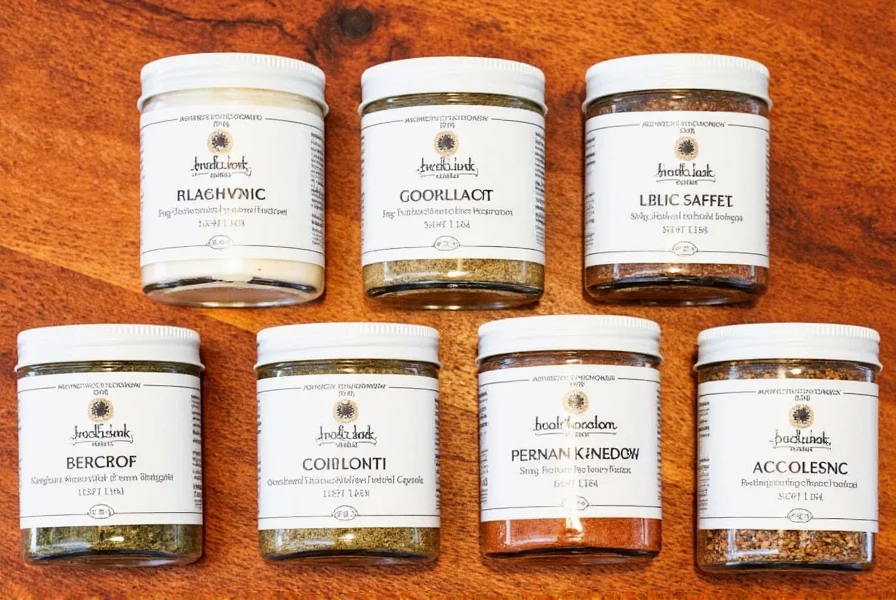
Frequently Asked Questions About Roast Seasonings
As you explore the world of roast seasonings, you may have some questions about best practices, storage, and application. Here are answers to the most common questions home cooks ask:
What are the best roast seasonings for chicken?
For chicken, a classic herb blend with rosemary, thyme, sage, and garlic works beautifully. Lemon zest, paprika, and a touch of onion powder also complement chicken well. For a more Mediterranean flavor, try adding oregano and marjoram. Remember to season under the skin as well as on top for maximum flavor penetration.
How far in advance can I apply seasoning to meat before roasting?
For best results, season meats 30-60 minutes before roasting to allow flavors to penetrate. For deeper flavor infusion, especially with larger cuts, you can season up to 24 hours in advance and refrigerate. Dry brines (salt-based seasonings) work particularly well when applied 12-24 hours ahead. Just remember to bring the meat back to room temperature before roasting.
Can I use the same seasoning for different types of meat?
While some versatile blends work across multiple proteins, each meat has ideal seasonings. Poultry pairs well with herbs like thyme and rosemary, beef loves bold flavors like smoked paprika and garlic, and pork complements sweet-spicy blends with brown sugar and cayenne. However, a basic salt-pepper-garlic blend can work for most meats in a pinch.
How should I store homemade roast seasonings?
Store homemade seasonings in airtight glass or metal containers away from light, heat, and moisture. Properly stored, most dry spice blends maintain potency for 6-12 months. Avoid storing in clear containers on the counter where sunlight can degrade the spices. For longest shelf life, keep them in a cool, dark pantry.
What's the difference between a dry rub and a wet marinade?
A dry rub is a mixture of dry spices applied directly to meat, creating a flavorful crust when roasted. A wet marinade includes liquid ingredients (like oil, vinegar, or citrus juice) that help tenderize while adding flavor. Dry rubs work best for high-heat roasting, while marinades are ideal for longer cooking times or tougher cuts that benefit from tenderizing.
How much seasoning should I use per pound of meat?
As a general rule, use about 1 teaspoon of dry seasoning per pound of meat. For salt specifically, aim for ¾ to 1 teaspoon per pound. For larger cuts, you may need slightly more to ensure proper coverage. Remember that some store-bought blends already contain salt, so adjust accordingly to avoid over-salting.
Are store-bought seasonings as good as homemade?
Quality store-bought seasonings can be excellent, especially from reputable brands that use fresh, high-quality ingredients. However, homemade seasonings allow you to control ingredients, avoid additives, and customize flavors to your preference. Many professional chefs use a combination—quality store-bought bases enhanced with fresh additions like citrus zest or fresh herbs.
Buying Guide for Roast Seasonings
If you're not making your own roast seasonings, here are some top products that are worth trying:
| Product | Features | Advantages | Use Cases | Target Audience | Suitable Occasions |
|---|---|---|---|---|---|
| McCormick Classic Seasoning Blend | Contains garlic, onion, paprika, and other classic spices | Great for beginners, easy to use, and widely available | Chicken, turkey, and roasted vegetables | Home cooks and casual chefs | Weeknight dinners, family gatherings |
| Lawry's Season-All | A versatile blend with salt, garlic, onion, and paprika | Works for all types of meat, adds a rich umami flavor | Pork, beef, and game meats | Experienced cooks looking for a go-to seasoning | Barbecues, holiday meals |
| Penzeys Smoked Paprika | High-quality smoked paprika with a deep, smoky flavor | Perfect for adding a rich, smoky note to any roast | Beef, chicken, and vegetable roasts | Foodies and spice enthusiasts | Special occasions, gourmet cooking |
| Kirkland Signature Italian Herb Blend | Includes basil, oregano, thyme, and rosemary | Brings a fresh, Mediterranean flavor to any dish | Chicken, fish, and roasted vegetables | Cooking enthusiasts who love Italian cuisine | Weekends, dinner parties |
| Trader Joe's Spicy Cajun Seasoning | Contains cayenne, garlic, onion, and paprika | Adds heat and bold flavor to any meat | Pork, shrimp, and seafood | Those who enjoy spicy food | Summer barbecues, casual dinners |
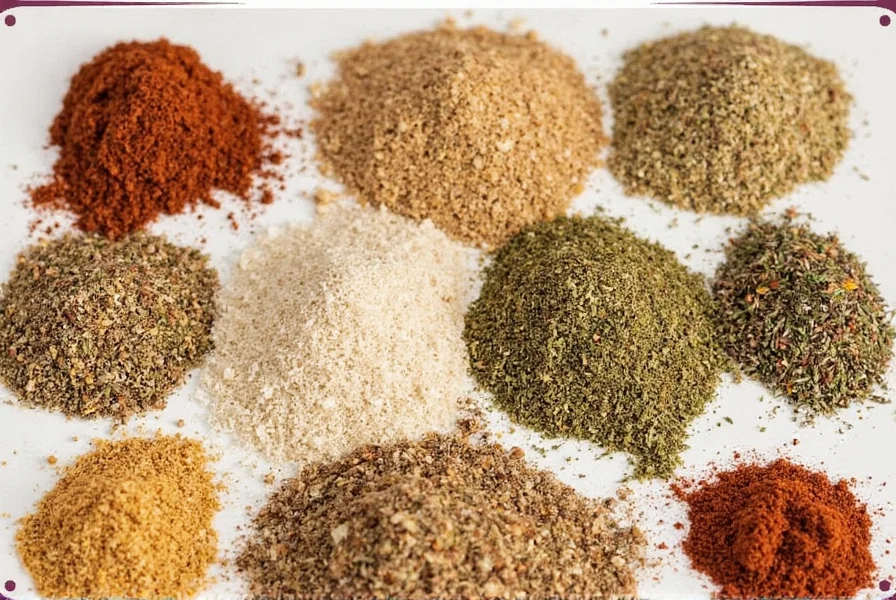
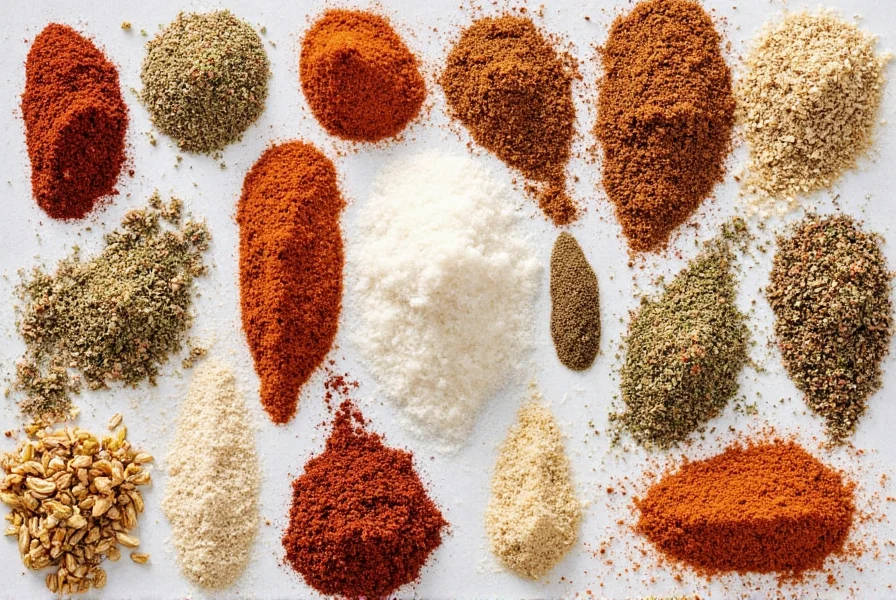
Whether you're a seasoned pro or just starting out, the right roast seasonings can transform your cooking. Remember, the goal is to enhance the natural flavors of your ingredients while adding a personal touch that reflects your taste and style.
Conclusion
Roast seasonings are more than just a sprinkle of salt and pepper—they're the secret weapon in creating a truly memorable meal. From classic herb blends to bold, spicy rubs, there's a seasoning out there for every palate and occasion. With the right tools and a bit of creativity, you can take your roasting game to the next level.
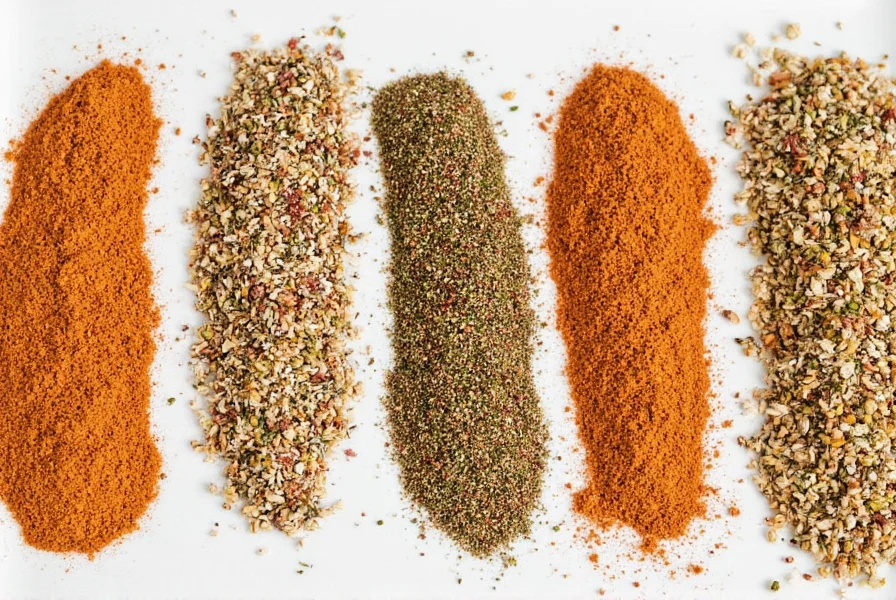
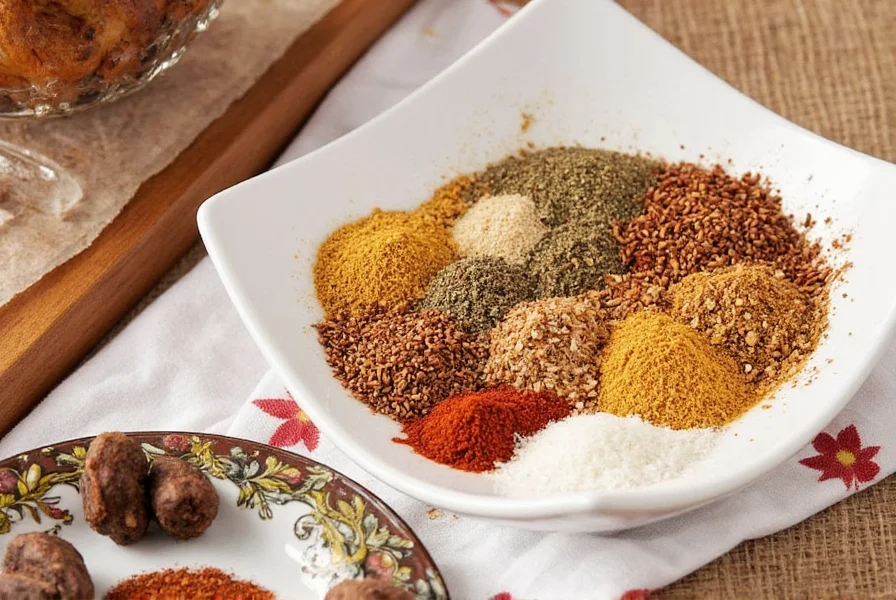
So next time you fire up the oven, remember: the right roast seasonings can turn a simple cut of meat into a showstopper. Happy roasting!










 浙公网安备
33010002000092号
浙公网安备
33010002000092号 浙B2-20120091-4
浙B2-20120091-4